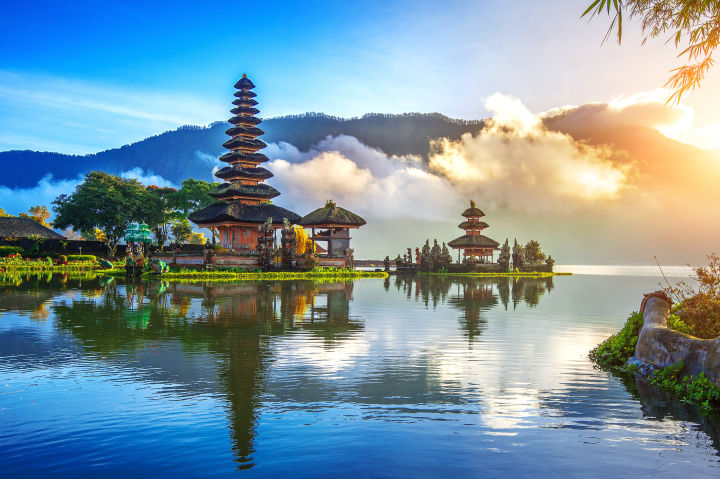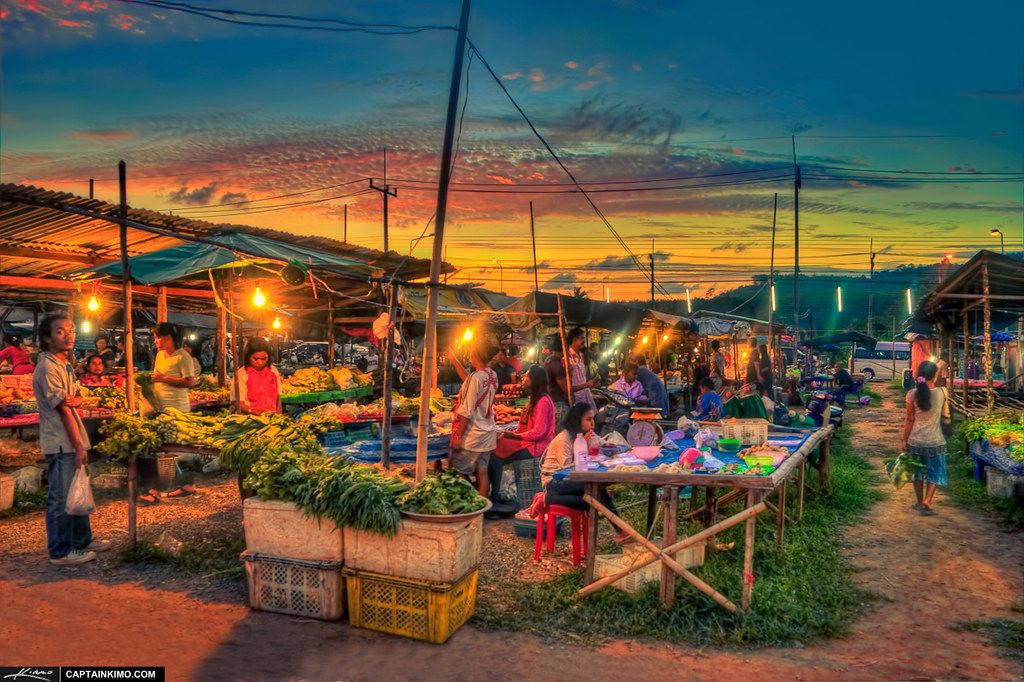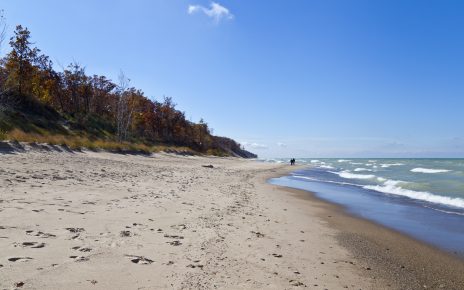Nestled in the heart of Indonesia lies a paradise known as Bali – an island of unparalleled beauty and cultural richness that has captured the hearts of travelers from around the world. As calls for Bali to become a Special Autonomous Region for tourism continue to gain momentum, the future of this beloved destination hangs in the balance. Join us as we explore the implications of this proposed change and the potential impact on Bali’s unique charm and identity.
– Pros and Cons of Bali Becoming a Special Autonomous Region for Tourism
As calls for Bali to become a Special Autonomous Region for Tourism continue to grow, stakeholders are weighing the pros and cons of this potential move. One major advantage is the potential for increased funding and resources dedicated specifically to the tourism industry in Bali. This could lead to improved infrastructure, better environmental protection measures, and enhanced marketing efforts to attract more visitors to the island.
On the other hand, some critics argue that becoming a Special Autonomous Region for Tourism could lead to overdevelopment, loss of cultural authenticity, and increased gentrification in Bali. There are concerns about the impact on local communities, the environment, and the overall quality of life for residents. Balancing the economic benefits of increased tourism with the need to preserve Bali’s unique identity and natural beauty will be a key consideration moving forward.

– Bali’s Unique Cultural Heritage and the Impact of Increased Autonomy
Bali’s unique cultural heritage has long been a draw for tourists from around the world. The island’s rich history, colorful ceremonies, and vibrant arts scene have made it a top destination for those seeking a truly immersive cultural experience. However, with increased autonomy on the horizon, there are concerns about the potential impact on Bali’s traditional way of life.
Some proponents of increased autonomy argue that giving Bali special status as an autonomous region for tourism could help to protect and preserve its cultural heritage. By having more control over their own affairs, Bali could be better equipped to manage the influx of tourists and ensure that development is sustainable and in line with the island’s unique identity. On the other hand, there are also fears that increased autonomy could lead to overcommercialization, loss of authenticity, and exploitation of local resources.

– Strategies for Balancing Economic Development with Environmental Conservation in Bali
Bali has long been a popular destination for tourists seeking a blend of culture, nature, and adventure. As the island’s popularity continues to grow, it is essential to find a balance between economic development and environmental conservation. Embracing sustainable tourism practices is key to preserving Bali’s natural beauty for future generations.
One strategy for achieving this balance is to implement strict regulations on development projects, ensuring that they adhere to environmental standards. Additionally, promoting eco-friendly practices within the tourism industry, such as supporting local businesses and reducing plastic waste, can help mitigate the negative impact of tourism on the environment. By working together to prioritize sustainability, Bali can continue to thrive as a top tourist destination while preserving its natural resources and cultural heritage.

– The Role of Local Communities in Decision-Making Processes for Bali’s Autonomy
Local communities in Bali play a crucial role in decision-making processes for the island’s autonomy. With the increasing calls for Bali to become a special autonomous region for tourism, it is important for the voices of the local communities to be heard and taken into consideration. These communities have a deep understanding of Bali’s culture, heritage, and environment, and their input can help ensure that any decisions made are in the best interest of the island and its people.
The involvement of local communities in decision-making processes can also help promote sustainable development and preserve Bali’s unique identity. By listening to the concerns and suggestions of the local residents, policymakers can create policies that benefit both the tourism industry and the local community. Through open dialogue and collaboration, a balance can be struck that allows for growth while protecting Bali’s natural beauty and cultural heritage for future generations to enjoy.
As calls for Bali to become a special autonomous region for tourism continue to gain momentum, it is clear that the island’s unique cultural heritage and natural beauty are more important than ever. With the potential for increased economic growth and preservation of Bali’s identity, the future of the island as a special autonomous region holds great promise. Only time will tell what the next chapter holds for Bali, but one thing is certain – the spirit of this enchanting island will continue to captivate hearts and minds around the world.





